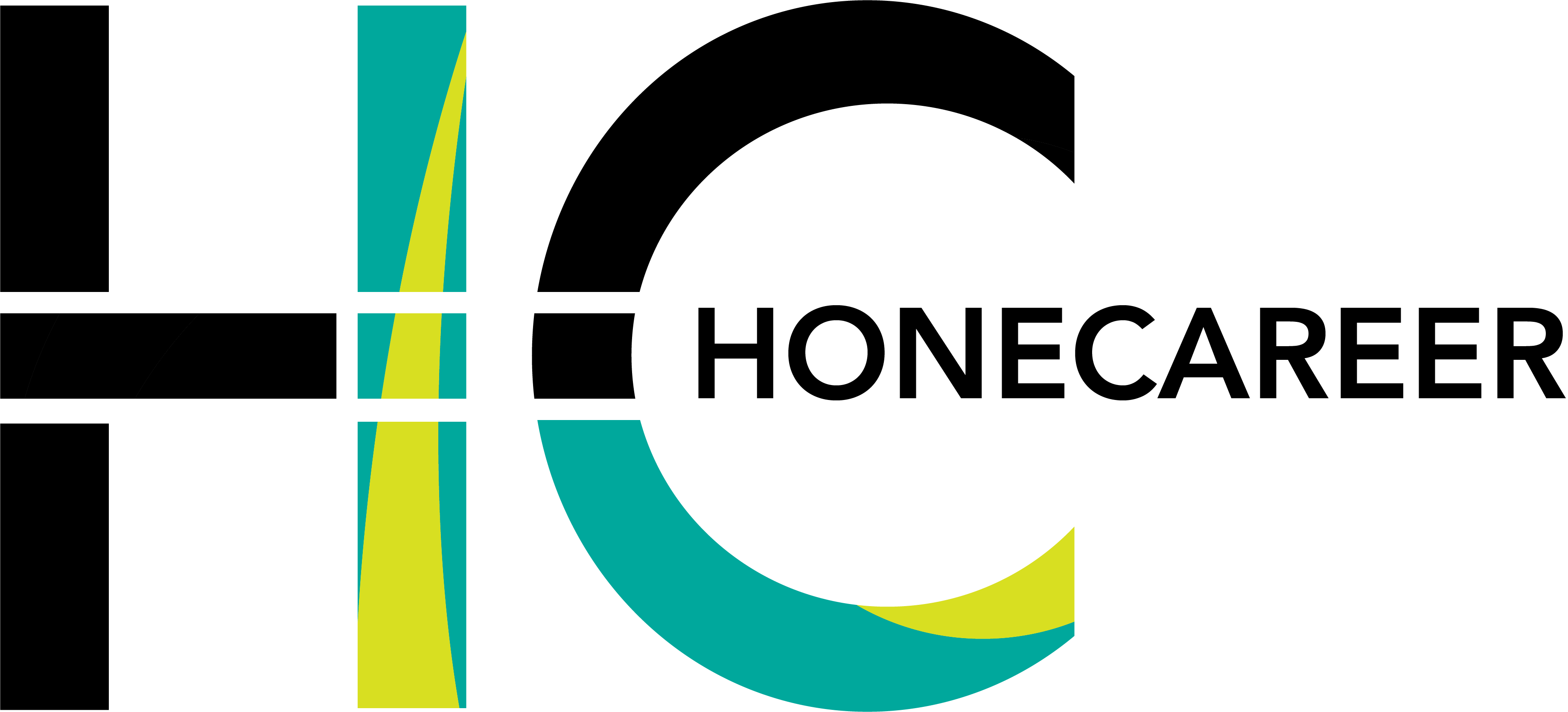
Why is deep work rare? How is Deep Work being ignored? Why is that? How can you take advantage of that?
In the last article we talked about Deep work, defined it and explained how it can help us survive in our economy.
In this article I will summarize some ideas from the best seller “Deep Work” by Cal Newport and try to discuss them with some examples from my experience as a student and a worker. My primary focus will be on the chapter “Deep Work is Rare” on how deep work is being underestimated, sometimes ignored.
We will focus on the paradox between the undeniable value of Deep Work and on the other hand the underestimation and neglection of it from companies and individuals. We will then show you how you can take profit from the ignoring of the importance of Deep Work in our society to outsmart people and create shortcuts in your life.
What you will learn:
Insights from the companies’ work habitudes: you will get an overview of how communication within companies works? How the working environment typically look like? What kind of parallel tasks you would have to do other than your main work mission?
The practices that we as humans also do which are disturbing our focus and which you must avoid in order to be able to work deeply.
How is this rareness of Deep Work actually an advantage for you. How can you profit from that?
Content
- Deep Work is ignored & underestimated in companies
- Deep Work is ignored by individuals in daily life
- Excel, surpass, and outperform all others!
Deep Work is ignored & underestimated in companies:
Companies apply strategies and adopt a behavior based on shallow work that suspends any focus.
- Concept of open office/open flour
First, the leading companies in the world are usually fascinated by the concept of open office which means that employees have desks in shared open floors where they work next to each other.
Their aim is to encourage communication between the different employees and provide the necessary atmosphere for collaboration. The negative side of this concept is that it causes a massive distraction to the worker. It is so hard to focus when someone is passing by or talking or even typing on the keyboard.
Mostly the leaders of the company, however, will have their closed, well separated offices, which says a lot about the whole concept. The leaders who most of the time take decisions that affect the company directly should stay focused and protected from distractions. Only if they want to engage with other people.
From my experience this concept was a huge problem for me. Sometimes while working on a hard task especially that should be done on this specific day, you get distracted by the person sitting just next to you. Your neighbor can have a meeting, which means he will be speaking and talking, which will bother you. The company I worked in had special rooms where you can quickly move to it and have your meeting, but I assume not every company can provide this option. Maybe you think you can just ignore it and focus on your work, however, even though you try to stay focused your brain is unconsciously affected by those distractions.
- Instant messaging
One of the other strategies companies apply is instant messaging where they try to improve productivity by reducing the response time on their customers or internally between the employees themselves.
So, the idea is being able to get help on any kind of issue you have and on the other hand you are also expected to deal with your colleges’ or customers’ problems in the same manner. It is a common practice which in my opinion presents a great disaster for the worker. I won’t exaggerate if I say this concept, in particular, can ruin your whole working day if you are someone who plans the tasks to be accomplished, beforehand.
Fellows can contact you at any time and you are entitled to respond as fast as possible and support them with any kind of issue, especially if they are in a higher hierarchy than you: managers, Team leaders, supervisors…. Sometimes conversations don’t take a long time, however interruptions even if short will delay the time needed to continue your task. In This context, I have seen managers and more than 10 years experienced people in the company ignore messages deliberately and I think the reason is obvious, they just want to focus on their main tasks.
- Repetitive meetings
Now let’s talk about the example of scheduling repetitive Meetings. These regularly occurring meetings are seen as one of the most efficient practices to organize your working schedule and assure regular contact with your direct fellows. The problem in my opinion is that you feel somehow restricted and even one hour before the meeting you are somehow consciously or unconsciously thinking about it. Another common problem is when you work in an international company where the biggest disadvantage of these meetings is the different time zones. As you have to find a time that suits all parties. Those meetings are usually not flexible and won’t be changed once arranged.
It was a period when I was working just 2 days a week. So, on Monday I was free of meetings on Thursday I had two. I think that’s a great example to do the comparison. I can assure you there is no doubt that my productivity on Monday was much higher than on Thursday. I can actually admit that it was extremely hard for me to stay focused on Thursday even after being done with the two meetings.
- forwarding emails
Another example worth mentioning is forwarding emails to colleges which is basically a way to avoid wasting our time and pushing someone else to deal with the work in stead.
- Social media presence
Some companies don’t just deprive you from the ability of staying focused and working deeply, they in some cases push you to practice shallow work tasks such as being present on social media. The writer uses in this context the example of The New York Times which encourages its employees to maintain a social media presence on tweeter (X).
These behaviors are usually practiced because they offer the easiest and fastest solutions. The writer refers to that as “the principle of least resistance”.
An additional factor is that it provides a convenient justification for remaining unfocused. This brings us to the concept of “Busyness as a Substitute for Productivity”. In this scenario, individuals, including employees, often find themselves struggling to measure their productivity effectively. What many of them tend to do is to associate their productivity with the sheer quantity of activities or tasks they manage to complete within a specific timeframe. However, this approach can be problematic for workers because those tasks may encompass activities like responding to emails and messages and addressing inquiries, which, in reality, have little to do with actual productivity.
These practices damage our ability to work deeply, and they prevent us from staying focused. Which is extremely dangerous as the writer highlights “By doing so, this principle drives us toward shallow work in an economy that increasingly awards depth”.
Deep Work is ignored by individuals in daily life
We currently find ourselves in the midst of an Internet-dominated era, where online platforms and social media are sacred. Today either you embrace these technologies, or you are totally invisible and therefore irrelevant. The problem is that we exaggerate in valuing those tools forgetting that they are just “tools” in the first place. We immerse ourselves in the world of social media, losing sight of the fact that platforms like Instagram, Facebook, and TikTok were established by profit-driven companies backed by investors, all aimed at generating revenue through their users. The consequence of this is a significant challenge in maintaining focus throughout the day.
As a result, many practices that are antithetical to depth and concentration have become widely accepted by the majority of people:
- Remaining perpetually online and constantly scrolling through feeds.
- Attempting to respond instantly to every message, email, or notification.
- Always striving to post and maintain an active presence on social media.
- Frequently checking the news and other distractions.
This excessive digital connection can erode our ability to engage in deep, focused work, often at the expense of our productivity and the quality of our work. It’s important to recognize the balance between the utility of these tools and the need for focused, undistracted work to achieve our goals effectively. As someone who has limited his use of internet for the last years I can only relate. It is a huge difference. If you start your day with social media distractions like IG reels you probably will continue the rest of the day distracted, as you have already lost a considerable amount of focus in the morning. The effect is as big as that!
Excel, surpass, and outperform all others!
In summary, a paradox emerges in the workplace: while deep work is crucial for enhancing productivity, it often receives insufficient attention within companies. This is primarily due to the challenges associated with implementing deep work techniques compared to the simplicity of shallow work. Furthermore, businesses tend to equate productivity with busyness and often endorse behaviors related to constant internet use. These misconceptions may arise from the difficulty of quantifying the value of depth or not understanding the consequences of neglecting it.
However, there is a silver lining. Recognizing that the majority of individuals and companies tend to prioritize shallow practices, honing your personal capacity for deep work can set you apart as a rare individual who capitalizes on this advantage. This realization leads to the conclusion that in a world full of distractions, you can logically thrive and enhance your own abilities by prioritizing focus. This sets you apart significantly from others, making you truly exceptional.
In the end, I encourage everyone to embrace the practice of deep work as a powerful tool for unlocking their full potential in both studying and working. By prioritizing focused, distraction-free, and cognitively demanding tasks, you can achieve remarkable results and stand out in our fast-paced, distracted world. To delve even deeper into the concept of deep work and its game changing impact, I highly recommend reading Cal Newport’s book, “Deep Work.”
If you already read it, stay tuned to refresh your memory and get more insights, tips, and strategies to help you thrive in your academic and professional pursuits. Together, we’ll explore how to navigate the challenges of the modern work environment and the economic system.





